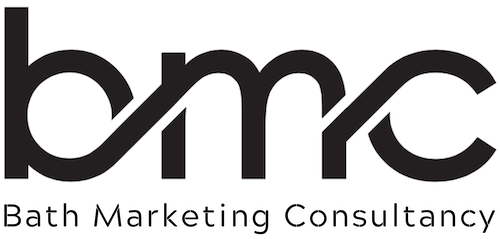Social media marketing has transformed the traditional concept of networking into a dynamic, digital-first experience. Where professionals once relied solely on in-person meetings, business events, and conferences to build relationships and credibility, today’s networking thrives on platforms like LinkedIn, Facebook, and Instagram. Through social media marketing, businesses can engage directly with their target audience, showcase expertise, and create meaningful connections that drive leads and brand loyalty. It allows professionals to expand their reach beyond geographical limits, maintain consistent communication, and establish authority within their industry — all essential elements of modern networking in the digital age.
Social media is now one of the most effective forms of online networking, allowing businesses to engage with audiences, build brand awareness, and foster relationships in a way that was never possible before.
What is Social Media?
Social media refers to online platforms that facilitate interaction, content sharing, and community-building. Unlike traditional marketing, which is often one-way communication, social media creates a dialogue between businesses and their audiences.
Popular platforms include:
- Facebook – A versatile platform for community engagement, advertising, and brand storytelling.
- Instagram – Highly visual, perfect for brand-building and showcasing products or services.
- LinkedIn – A professional networking platform ideal for B2B connections and thought leadership.
- X (formerly Twitter) – A fast-paced platform for real-time updates, industry insights, and customer engagement.
- TikTok & YouTube – Video-based platforms that drive high engagement and organic reach.
Each platform has unique strengths, but the key to success is using social media as a conversation tool, not just a broadcasting channel.
Why Social Media is an Online Networking Tool
Social media works best when it is a dialogue, not a monologue. Simply posting updates is not enough—businesses must interact, respond to comments, and actively participate in discussions.
The power of social media for business networking includes:
- Building trust – Engaging in conversations with your audience creates a sense of authenticity.
- Encouraging referrals – Social proof, such as likes, shares, and reviews, can generate word-of-mouth recommendations.
- Driving website traffic – Well-placed content and calls to action (CTAs) can lead potential customers to your site.
- Strengthening customer relationships – Responding to queries, addressing concerns, and sharing valuable content can turn followers into loyal customers.
How to Leverage Social Media for Networking
If you’re new to social media networking or looking to refine your strategy, follow these steps:
1. Research Your Market
Before diving in, observe what others in your industry are doing. Most platforms have search features that allow you to monitor conversations, hashtags, and competitor activities. This will help you understand trends and identify where your target audience is most active.
2. Develop a Strategy
Successful social media networking requires a structured approach. Define clear goals, such as:
- Growing followers on LinkedIn
- Increasing website traffic through social referrals
- Driving engagement with interactive content
- Booking more client meetings through social connections
Tracking these metrics will help measure the success of your efforts.
3. Engage and Interact
Remember, social media is about conversations. Simply posting promotional content won’t be effective. Instead:
- Comment on industry posts to increase visibility.
- Reply to comments and messages to foster engagement.
- Share relevant content from industry leaders to show thought leadership.
4. Manage Social Media Effectively
Managing social media requires time and consistency. Businesses have two main options:
- In-house management – Assigning a dedicated team member to handle social interactions.
- Outsourcing to a specialist – Hiring a marketing consultant or agency to manage and optimise your social presence.
A hybrid approach—where in-house teams collaborate with external experts—can also be an effective way to balance expertise and resources.
Final Thoughts
Social media is a powerful networking tool that extends beyond simple brand promotion. By engaging in meaningful conversations, leveraging the right platforms, and developing a strategic approach, businesses can build stronger relationships, increase brand visibility, and drive long-term growth.
Use social media wisely, and you’ll not only expand your digital presence but also create valuable connections that contribute to business success.



